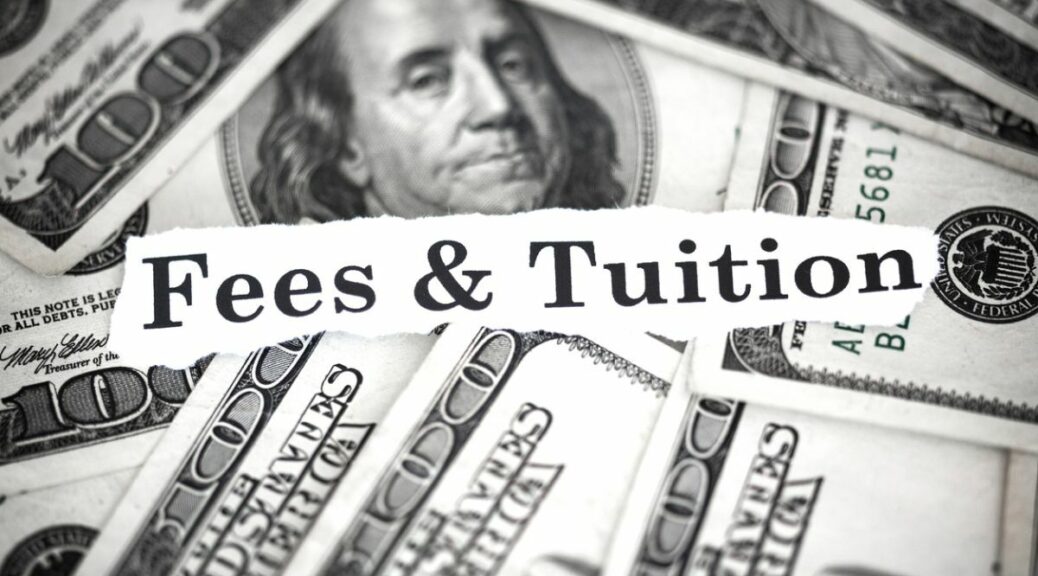Divorce is a difficult situation for everyone involved, especially children. In addition to the emotional and psychological toll of a divorce, parents also have to deal with practical issues such as child custody, visitation schedules, and child support. One issue that may arise during a divorce is who will be responsible for paying private school tuition for the children. This blog post will explore the legal implications of private school tuition payments during a divorce and provide some tips on how to ensure the children enrolled in private schools continue to receive a quality education.
What are the Legal Implications of Private School Tuition Payments After a Divorce?
In most divorces, parents split the cost of their child’s education. However, private school tuition can often be contentious, especially if one parent believes it’s unnecessary or unaffordable. In California, the law allows parents to agree on who should pay for private school tuition. However, if the parents can’t agree, it’s up to the court to decide. The court will consider several factors, including the parents’ income, the child’s needs and best interests, and other relevant factors.
Exploring Options for Who Pays Tuition
In some cases, grandparents, other family members, or even trusts may be able to help pay for private school tuition. However, it’s important to note that the court may not consider these payments as part of the existing child support order unless it’s specifically included in the order.
How to Ensure That Children Enrolled in Private Schools Still Receive a Quality Education Despite the Divorce
It’s essential to prioritize the children’s education despite the divorce. One way to ensure they still receive a quality education is to work with their private school and your ex-spouse to establish clear lines of communication. Additionally, it may be helpful to work with a therapist or counselor to address any emotional or psychological issues the children may be experiencing.
What Happens if One Parent Stops Paying Tuition After the Divorce is Finalized?
If one parent stops paying their Court ordered portion of the private school tuition, the other parent can take legal action to enforce the child support order. This may include wage garnishments, liens on property, or even jail time. However, it’s important to note that parents should try to work out their issues first.
Can Parents Agree on an Alternate Arrangement for Payment of Private School Tuition?
Parents can agree on alternate arrangements to pay private school tuition as long as both parties agree. For example, one parent may agree to pay for the children’s private school tuition in exchange for a reduction in other child support payments.
How to Make Those Agreements Legal
If you make an agreement with your ex-spouse regarding tuition payments, that agreement must be made into a written stipulation, signed by both parties and sent to the Court to become a Court order. It is best to engage a family law attorney to assist you with preparing the stipulation and ensuring the Court makes it into a Court order. If you fail in any of these steps you may have no recourse against the other party if they fail to make their share of the tuition payment.
How to Negotiate Private School Tuition Payments Without Ending up in Court
Divorce is already difficult, and no one wants to end up in court. One way to negotiate private school tuition payments is to work with a family law attorney. A family law attorney can help you understand the legal implications and negotiate the terms of the agreement with the other party or their attorney.
If you’re going through a divorce and need help navigating the complex issues surrounding private school tuition payments, we can help. At the Law Offices of Judy L. Burger, we are experienced family law attorneys who can help you understand your legal rights and obligations. We can also help you negotiate with your ex-spouse and ensure your children receive a quality education. Contact us today to schedule a consultation.


